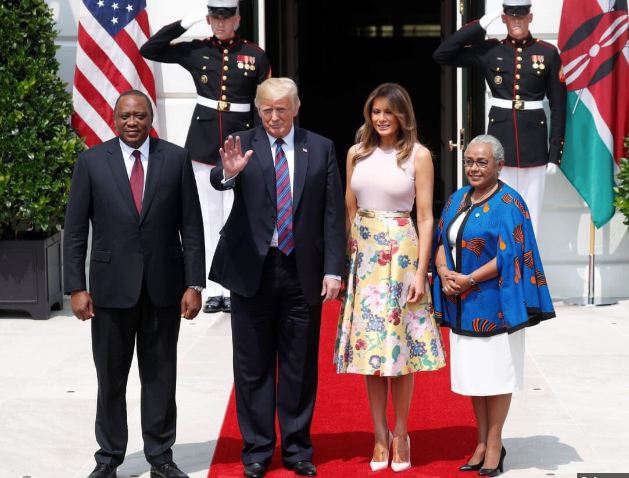×
The Standard e-Paper
Stay Informed, Even Offline

President Kenyatta’s meeting with Donald Trump this week provides an opportunity to reflect on the leadership and direction of my home country, the US, and my adopted country, Kenya.
Kenya continues to grapple with the legacy of the near-genocidal post-election violence of December 2007. The recent passing of Kofi Annan provides an opportunity for many of us to reflect on the successes and failures of the National Accord and his legacy in Kenya.







